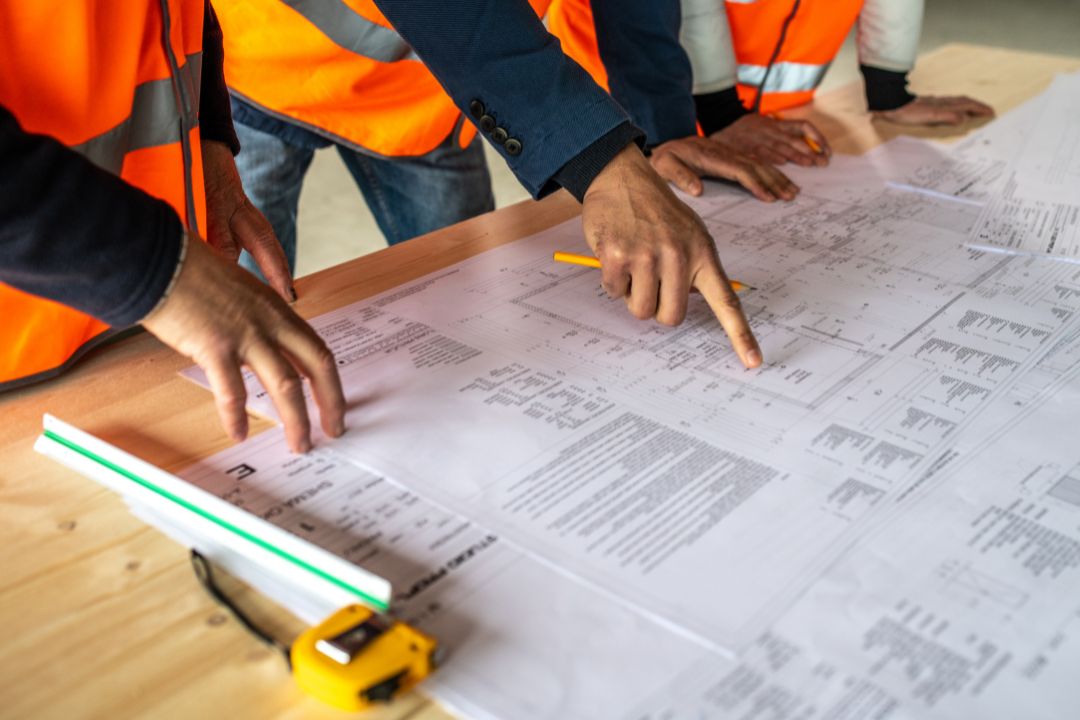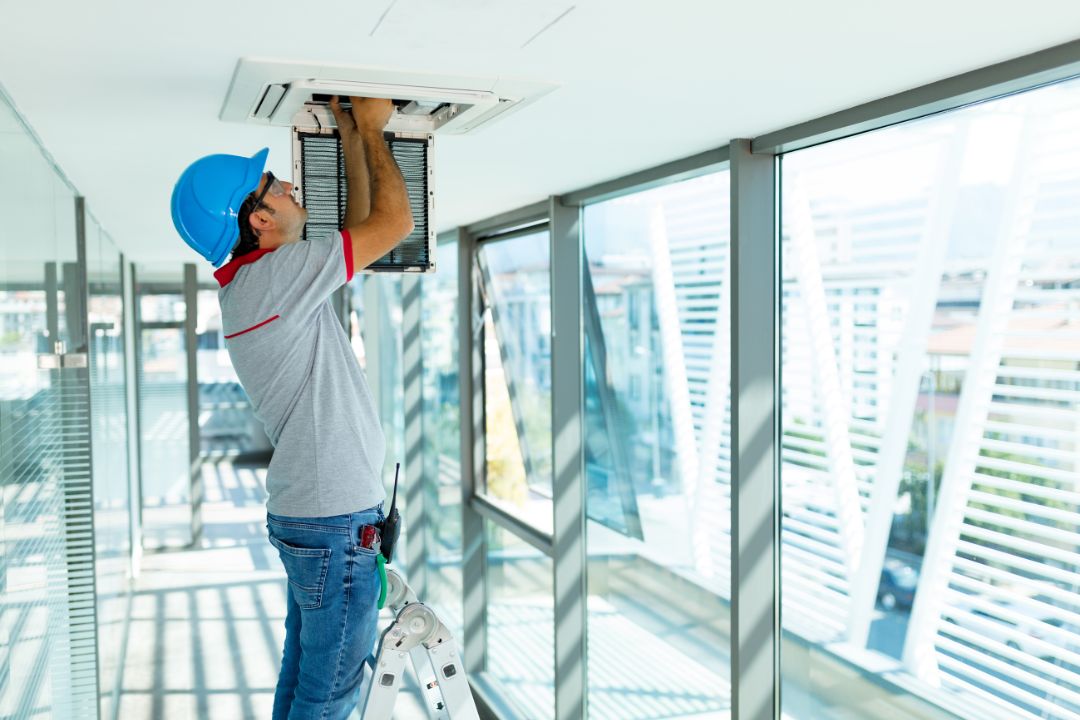If you’re considering installing an air conditioning unit into your home or business, you may be anxious to know whether you’ll need planning permission. This can add extra stages to your build or renovation, and may add some uncertainty to your plans.
What sort of air con installations do not require planning permission?
Most smaller cooling systems for homes or commercial properties count as permitted developments and will not require planning permission. If your system causes little noise pollution and sits discreetly well within your property’s boundaries, in most cases you should be able to proceed without planning permission. However, first you should check whether you meet any of the more precise criteria.
Which air conditioning systems need planning permission to install?
If your air conditioning installation meets any of the following criteria, you may need to request planning permission.
- The external unit is to be installed on a pitched roof
- There’s a wind turbine on your property
- The external unit’s intended to be less than 1 metre away from the boundary of your property
- The external unit will be less than 1 metre away from the edge of a flat roof
- The external compressor unit is more than6m³
Unless you are using an entirely portable air conditioning system, you will also generally need planning permission if you have a listed building or if your property is situated in a conservation area.

There might be an exception if your unit isn’t visible from the front elevation of your property and it only produces low levels of sound. It’s best to check with your local authority if you’re unsure, as there are differing restrictions across different areas.
Noise Pollution concerns
Different local authorities can have different regulations about the accepted level of noise for air conditioners, and what will be considered a nuisance to neighbours. Therefore, it’s best to check with your local government before proceeding with a system.
To avoid the risk of complaints and orders to remove your AC system, it’s recommended to safely soundproof any noisy elements as much as possible, particularly if you may be able to hear them from neighbouring properties, or choose a unit with a low noise rating.
Reducing Noise Pollution for Neighbours
Various air conditioners and their elements may require different types of sound proofing. While some can be boxed or insulated, some will need to circulate air from the outside or won’t handle the higher temperatures brought on by additional insulation.
If you’re not sure how to best soundproof your air conditioning, consult with your installation company.
You should also consider the sound of your chosen system before a purchase. Aim for a system that reports to run at 20 decibels or less where possible. Investing in an inverter may also help you to meet noise regulations, as well as using less power than traditional systems.

Location is another key factor in considering noise pollution. Keeping your external units away from boundaries can restrict the sound imposition on neighbours, and muffling landscape features such as bushes and fences can also be used.
Other Building Regulations
As touched on previously, if your property is listed, you will often need to gain listed building consent from your local authority before starting building work.
An Air Conditioning system includes refrigerants known as ‘F gases’, you must ensure that your chosen installation engineer and the company they work for has the correct certification for working with this equipment.
In the long term, building owners and managers also have a responsibility to ensure Air Conditioning Systems of 12kW or above have an inspection programme in place. To find out more, you can visit the government website.
Applying for Planning Permission for Air Conditioners
You can get started with applying for planning permission by contacting your local planning authority (LPA) through your local council. In many cases, this can be householder planning permission, as air conditioning doesn’t often extend outside the bounds of a property.
Your application should include copies of your application forms, an ownership certificate, the proposed plan, drainage plans, the fee, and any relevant surveys. Householder permission costs approximately £206 in England and £230 in Wales.
Your neighbours will be invited to consult and comment on your plans, so it can be beneficial to tell them about your new system before they hear about them elsewhere.
After you’ve applied, your LPA will consider your case. You should hear back within 8 weeks whether permission will be granted, and what conditions may have to be met.
If permission is not granted, you may be able to amend your plans and come to an agreement with the LPA. If you are unable to agree, you can appeal the decision.
What happens if you proceed with an installation without the planning permission you need?
It is not lawful to build an addition to your property that requires planning permission without the proper consent. Failing to secure appropriate planning permission for your air conditioning system (if required) means it is vulnerable to legal action for the next four years. You could be ordered to have your air conditioning altered or removed.

If action is taken against you, you may be able to apply for retrospective planning permission. However, the outcome can be expensive if permission is not granted.
If your property is a listed building and you go forward with your alternation without permission, it’s considered a criminal offence. This action could result in prosecution, fines, or even imprisonment in serious cases.
Turn to TEK for your Air Conditioning Needs
TEK engineers are approved installers for a range of manufacturers such as Daikin, Mitsubishi, Stulz, Trox, Denco, Toshiba and LG.
We design cooling systems and offer a full range of air conditioning units, from split and quad systems to central and VRF cooling. Talk to us about your needs and specifications, and we can recommend the perfect solution.







